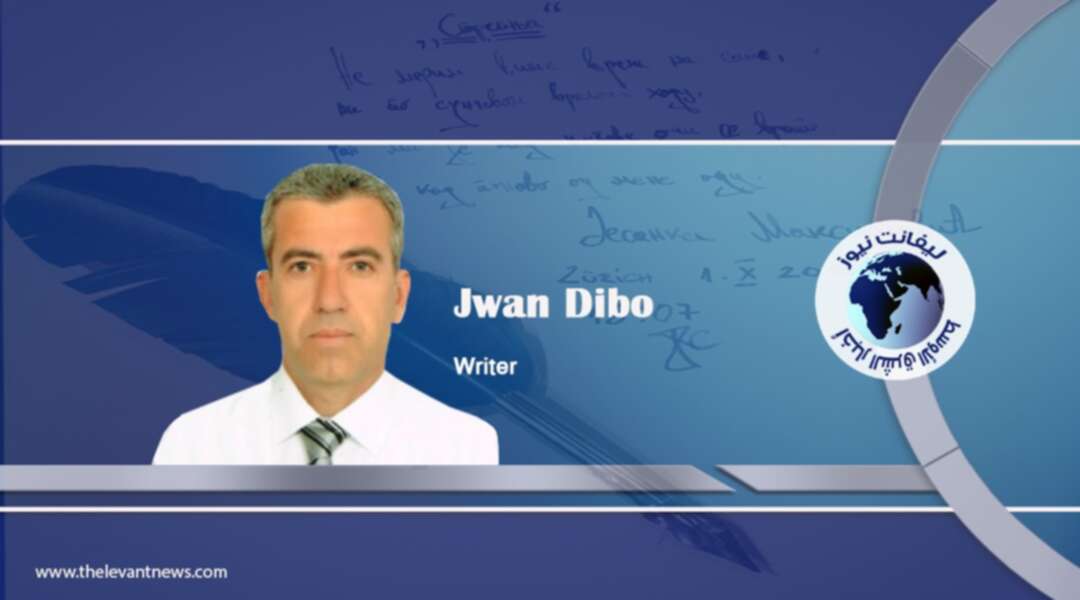-
War Making is an Organised Crime in International Politics

When war becomes the reality in a specific area of the world, then the question arises: Was it possible to avoid the war scenario and replace it with dialogue and peace? The answer briefly is no. The reason is that the outbreak of wars in peripheries, not in centres, serves the agendas and policies of the great powers, whether they are directly or indirectly involved. While the opposite alternative, that is, peace, stability, and prosperity does not serve the great power plans.
For the great powers, it is a purely arithmetic process subject to profit and loss calculations. Put differently, if the profits of the great powers from wars that take place far from their lands are much more than peace and stability, as is the case in Ukraine, then this means yes to the eruption and perpetuation of wars and no to the opposite, that is, negotiations, peace, and stability.
Therefore, the history of foreign policy of the great powers, especially the United States, can be summarised as follows: Firstly, managing the existing international and regional crises and preventing them from being settled as much as possible in a manner consistent with interests of the great powers. Secondly, creating new crises under the supervision of the great powers or their local agents to ensure profit, exploitation, and domination.
In this context, Charles Tilly, the American sociologist says that “In these circumstances, war became the normal condition of the international system of states and the normal means of defending or enhancing a position within the system.” This is what led Tilly to conclude that violence and its monopoly are the first building blocks for the emergence of the modern nation-state in Europe, not social contract, ideas, and philosophies. Tilly explains that the birth of the modern nation-state in Europe does not differ much from how organised crime gangs emerged and operated. Hence, he states that "War made the state, and the state made war."
The bleak conclusion here is that it is impossible to envisage a world without wars, or that it is impossible to conceive the great powers not rushing to fabricate wars. The reason in this case is that wars become a mainstay for the great powers at the international and regional levels to achieve the purposes of exploitation, profit, and control. British scholar Joseph John Thompson says, “Humanity has never sought peace, but an armistice between two wars.”
The great powers cannot live without wars and crises, whether in the peripheries or in the outskirts of the centres, or even within the opposing great powers. The reason is that wars are the superpowers' fuel for survival and continuity. In addition, the main task assigned to the great powers is to create crises and wars, not to solve them as they try to deceive the world through misleading media. The great powers themselves did not become great until they invaded, occupied, killed, plundered, burned, and annihilated, that is, became great at the expense of the misery and tragedies of others. What is more hideous than all this is that the wars made by the great powers turn into an organised and legitimate crime according to the so-called international law.

BY: Jwan Dibo
Tags
You May Also Like
Popular Posts
Caricature
BENEFIT Sponsors BuildHer...
- April 23, 2025
BENEFIT, the Kingdom’s innovator and leading company in Fintech and electronic financial transactions service, has sponsored the BuildHer CityHack 2025 Hackathon, a two-day event spearheaded by the College of Engineering and Technology at the Royal University for Women (RUW).
Aimed at secondary school students, the event brought together a distinguished group of academic professionals and technology experts to mentor and inspire young participants.
More than 100 high school students from across the Kingdom of Bahrain took part in the hackathon, which featured an intensive programme of training workshops and hands-on sessions. These activities were tailored to enhance participants’ critical thinking, collaborative problem-solving, and team-building capabilities, while also encouraging the development of practical and sustainable solutions to contemporary challenges using modern technological tools.
BENEFIT’s Chief Executive Mr. Abdulwahed AlJanahi, commented: “Our support for this educational hackathon reflects our long-term strategic vision to nurture the talents of emerging national youth and empower the next generation of accomplished female leaders in technology. By fostering creativity and innovation, we aim to contribute meaningfully to Bahrain’s comprehensive development goals and align with the aspirations outlined in the Kingdom’s Vision 2030—an ambition in which BENEFIT plays a central role.”
Professor Riyadh Yousif Hamzah, President of the Royal University for Women, commented: “This initiative reflects our commitment to advancing women in STEM fields. We're cultivating a generation of creative, solution-driven female leaders who will drive national development. Our partnership with BENEFIT exemplifies the powerful synergy between academia and private sector in supporting educational innovation.”
Hanan Abdulla Hasan, Senior Manager, PR & Communication at BENEFIT, said: “We are honoured to collaborate with RUW in supporting this remarkable technology-focused event. It highlights our commitment to social responsibility, and our ongoing efforts to enhance the digital and innovation capabilities of young Bahraini women and foster their ability to harness technological tools in the service of a smarter, more sustainable future.”
For his part, Dr. Humam ElAgha, Acting Dean of the College of Engineering and Technology at the University, said: “BuildHer CityHack 2025 embodies our hands-on approach to education. By tackling real-world problems through creative thinking and sustainable solutions, we're preparing women to thrive in the knowledge economy – a cornerstone of the University's vision.”
opinion
Report
ads
Newsletter
Subscribe to our mailing list to get the new updates!





















